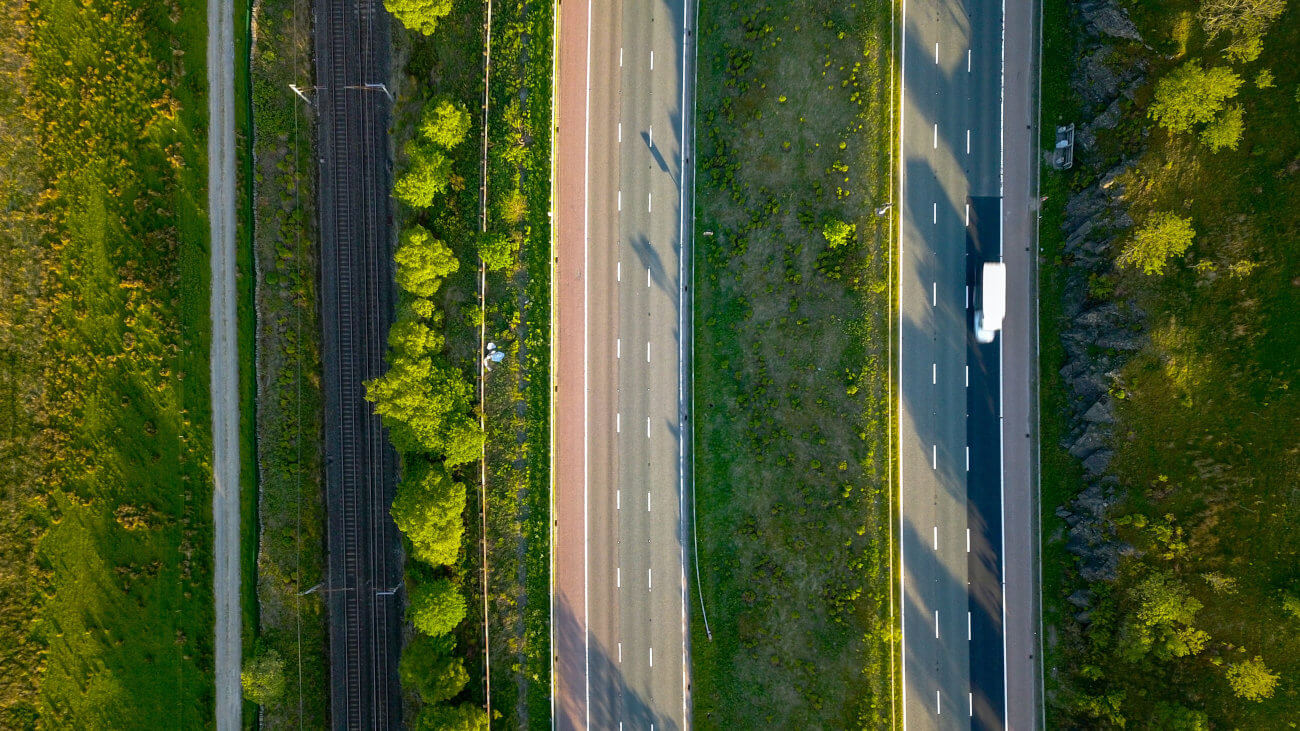
Technology drives creativity and quicker, more cost-effective projects. A step change for our industry.
See how we connect innovation to outcomes.

Expert insights on issues that transform business, increase sustainability and improve lives
Topics
Here’s a snapshot of what we’re thinking about. Explore these highlights or view the full library to dive deeper into the ideas shaping our work.

Meet some of our passionate problem-solvers, constructive creatives and inspiring innovators

Driving responsible low-carbon decision making through AI
Low-carbon solutions are often lower cost and lower risk too
The greatest carbon savings can be achieved early in the project development cycle, at optioneering stage
We have augmented our industry-leading Carbon Portal solution with an AI assistant, to make carbon management easier and faster
AI integration allows for more efficient low-carbon solutions
The addition of artificial intelligence to our carbon management decision support solution, Carbon Portal, has cut the time it takes to identify and optimise low-carbon solutions by 75%. David Orr explains.
Infrastructure and building owners, operators and investors are increasingly required to address climate risks and transition towards net zero by decarbonising the delivery and operation of their assets.
The built environment is responsible for an estimated 37% of global carbon emissions, according to a 2023 study by the United Nations Environment Programme, 'Building materials and the climate'. Every organisation needs to develop a unique decarbonisation route map, but all face two common challenges.

The first is the pace of change. Current projections show the world population growing until the 2080s. Together with the desire for improved living conditions and the replacement of existing infrastructure, population growth is creating demand for more buildlings and infrastructure. It needs to be delivered in ways that minimise carbon emissions, contributing as little as possible to further climate change.
The second challenge is understanding how to achieve that reduction. Too often, carbon decisions are taken late in the project lifecycle, if at all. The international specification for managing carbon in the built environment, PAS 2080, clearly spells out the importance of identifying opportunities for carbon reduction as early as possible. This is ideally in the optioneering phase. PAS 2080 highlights the correlation between carbon and cost: cutting carbon yields cost savings. Typical carbon saving opportunities include: challenging the root need; finding ways to meet needs without building; designing for energy efficiency in use; using nature-based solutions; repurposing existing assets; designing to minimise the use of materials; use of low-carbon materials; and carbon-efficient construction methods.
Using AI to cut carbon at pace
To address these challenges we engaged with dozens of clients across more than 30 countries to understand how we can best support them to decarbonise their infrastructure inclusively, at pace, and at scale. As Priyesh Depala, Mott MacDonald’s senior associate for carbon management and a PAS 2080 reviewer says, “Infrastructure owners have ambitious low-carbon programmes, but real change is needed to meet these goals in relatively short timeframes. Digital solutions can help to address this challenge and accelerate progress.”
With the incredible rate of progress of generative AI a clear opportunity was to develop a low-carbon AI assistant. Building on our Carbon Portal solution, the AI assistant enables any project professional to responsibly explore material and design changes across the project lifecycle, regardless of their previous carbon experience.
Carbon Portal gives access to one of the most comprehensive and up to date carbon decision-making solutions in the world. It covers products and processes, enabling project teams to understand how each design decision affects embodied and operational carbon emissions. The low-carbon AI assistant works with this data, helping users to calculate carbon impacts faster and therefore enabling more options to be reviewed.
Responsible AI
Responsible AI principles are embedded in every digital solution we provide: we recognise that project professionals need solutions they can trust. The low-carbon assistant embodies our responsible AI policy, ensuring fairness, sustainability, transparency, reliability and safety.
Using the assistant can help make low-carbon thinking more accessible. Initial testing shows that it is 75% faster than conventional carbon modelling methods and provides the level of quality required at design feasibility stage. It enables project professionals to present credible low-carbon proposals and find their way rapidly to optimised solutions.
Advanced digital technologies such as the AI assistant make low-carbon design and management more accessible to more people across the infrastructure industry. This is an imperative as we strive to meet the world's infrastructure needs while keeping climate change in check.
The responsible AI that is intrinsic to the low-carbon assistant means our staff, partners and clients have improved capability to meet the challenge, with low-carbon solutions they can trust.

Get in touch with David if you'd like to know more about decarbonising your projects.
UK
David Orr
Product lead, Moata Carbon Portal
Get in touch
You might also be interested in
Subscribe for exclusive updates
Receive our expert insights on issues that transform business, increase sustainability and improve lives.